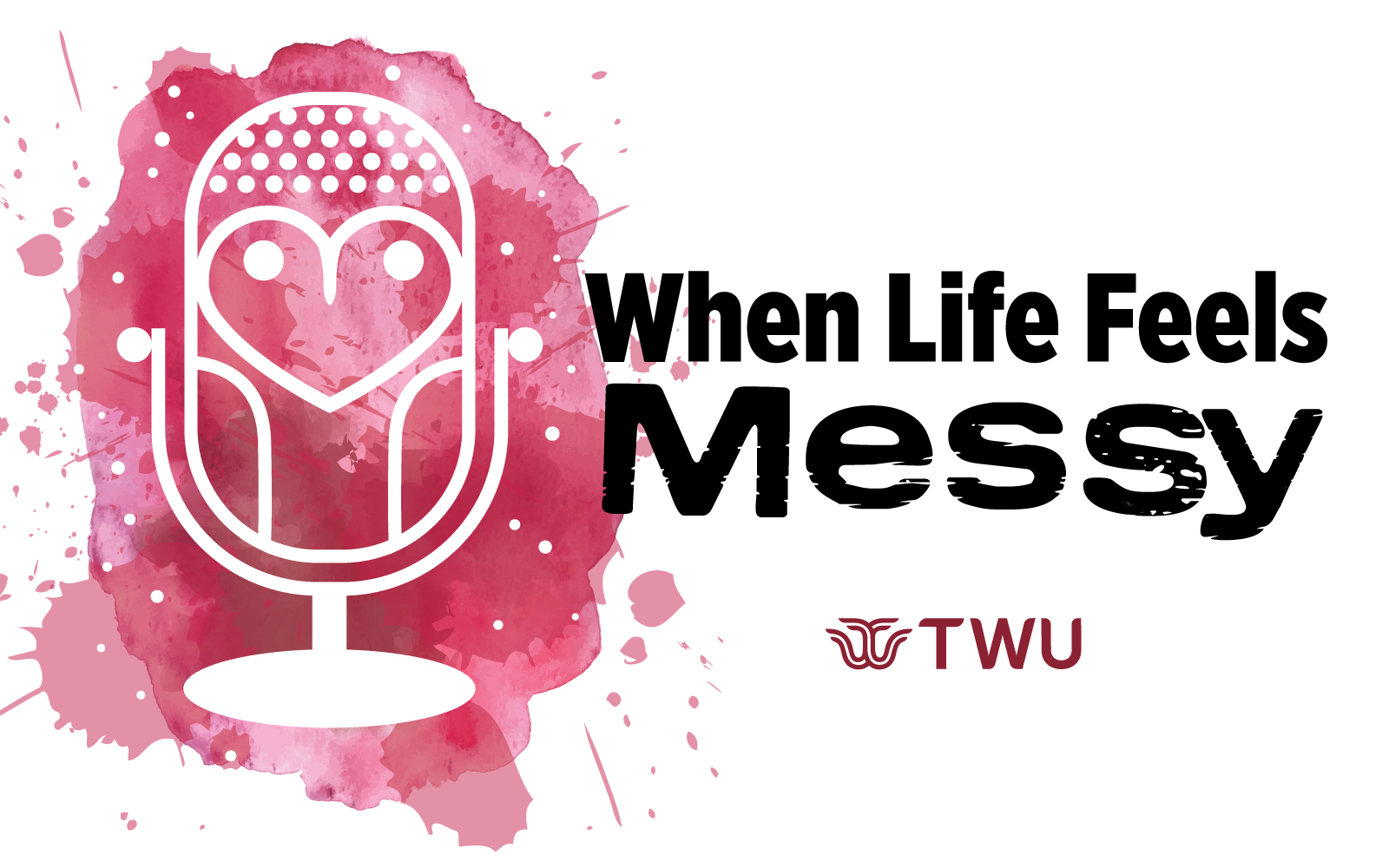We want to take a second to validate that it's common to encounter moments of doubt and uncertainty while in college, especially as finals draw closer. The demanding nature of your studies coupled with high expectations can sometimes trigger feelings of inadequacy, commonly known as imposter syndrome. Imposter syndrome is a psychological pattern where individuals doubt their accomplishments and have a persistent fear of being exposed as frauds, despite evidence of their competence and success. Out of all the mental health concerns we encounter with students, imposter syndrome and questioning competency is one of the main things we see.
We want you to know that you're not alone in this experience, and there are strategies to help you navigate through these feelings of not being enough. In this blog, we want to look at some ways that you can counteract the imposter syndrome and hopefully work towards feeling confident, competent, and capable. Here are some tailored insights to confront imposter syndrome while pursuing your healthcare degree:
- Normalize Your Experience:
- Understand that imposter syndrome is prevalent among students and professionals alike. The pressure to excel in your studies and provide exceptional care can sometimes lead to self-doubt. Recognizing that many of your peers may be facing similar challenges can help alleviate feelings of isolation.
- Seek Peek Support:
- Connect with fellow students who understand the unique challenges you're facing. Share your experiences, fears, and triumphs with each other. Having a support system within your cohort can provide validation and reassurance during difficult times.
- Utilize Faculty and Mentorship:
- Don't hesitate to reach out to faculty members, advisors, or mentors for guidance and support. They have invaluable insights and experiences that can help you navigate through challenges and provide perspective on your progress.
- Embrace Experience:
- Take advantage of internships, externships, clinical rotations, practical experiences, and any opportunity where you can apply your knowledge and skills in real-world settings. While it's natural to feel nervous or uncertain, remember that every professional has started from a place of learning.
- Reflect on Your Progress:
- Take time to reflect on your journey and acknowledge your growth along the way. Keep a journal documenting your achievements, challenges, and lessons learned. Reflecting on how far you've come can boost your confidence and resilience.
- Stay Informed but Avoid Comparison:
- Stay informed about advancements and best practices in your field, but avoid comparing yourself to others. Each student's journey is unique, and progress looks different for everyone. Focus on your own growth and development rather than external benchmarks.
- Practice Self-Care:
- Prioritize self-care to maintain your physical, emotional, and mental well-being. Make time for activities that recharge you, whether it's exercise, hobbies, or spending time with loved ones. Taking care of yourself is essential for sustaining your resilience throughout your education.
- Celebrate Milestones:
- Celebrate your achievements, no matter how small they may seem. Completing assignments, passing exams, or receiving positive feedback from instructors are all significant milestones worth acknowledging. Celebrating your progress can reinforce your sense of accomplishment and motivation.
- Focus on Your Why:
- Remind yourself of the reasons why you chose to pursue this career. Whether it's a desire to help others, make a difference in your community, or pursue a lifelong passion, reconnecting with your purpose can reignite your motivation during challenging times.
- Seek Professional Help if Needed:
- If feelings of imposter syndrome become overwhelming or interfere with your daily life, don't hesitate to seek support from a mental health professional, including your CAPS Team. They can provide coping strategies, tools, and a safe space to explore and address underlying issues contributing to your self-doubt.
Remember, imposter syndrome is a common experience for students and professionals alike. By acknowledging your feelings, seeking support, and focusing on your growth and strengths, you can overcome imposter syndrome and thrive in your education journey. Believe in yourself and the incredible impact you'll make in the lives of others as future professionals.
Wishing you reflections of competency, self-confidence, and capability!
-TWU CAPS


Comments
Post a Comment